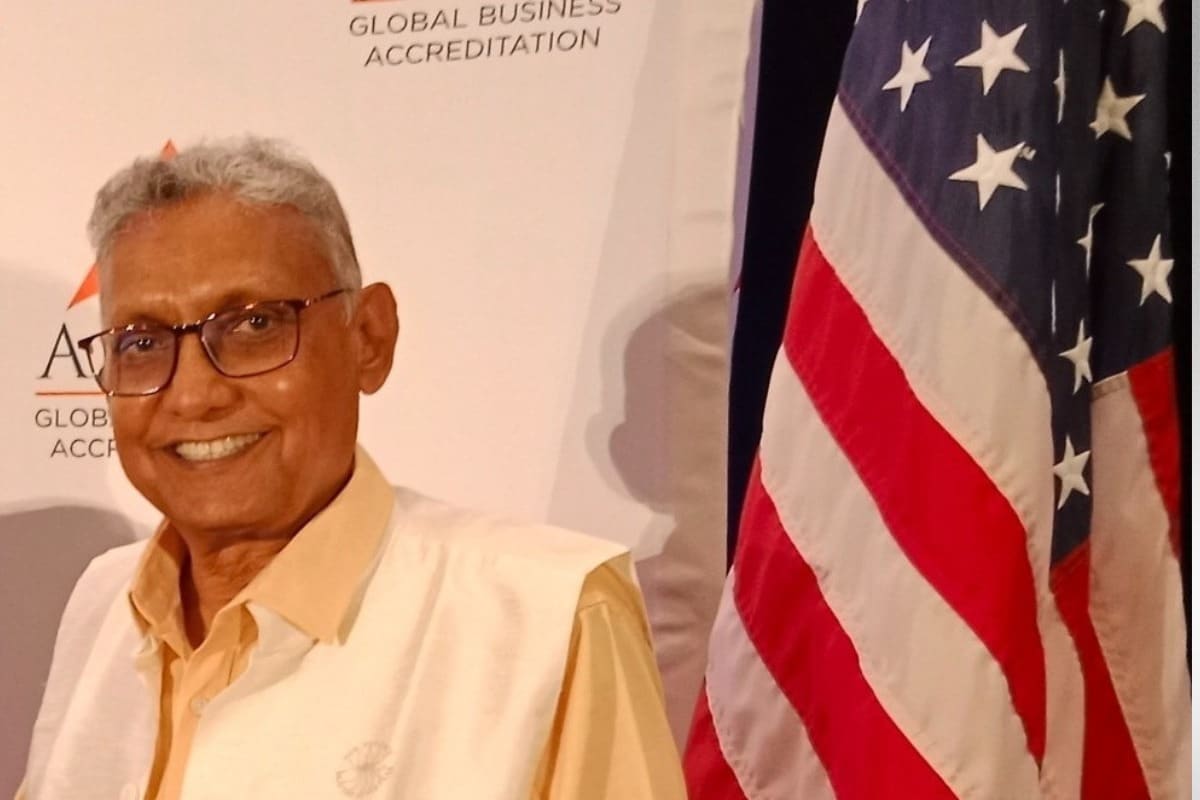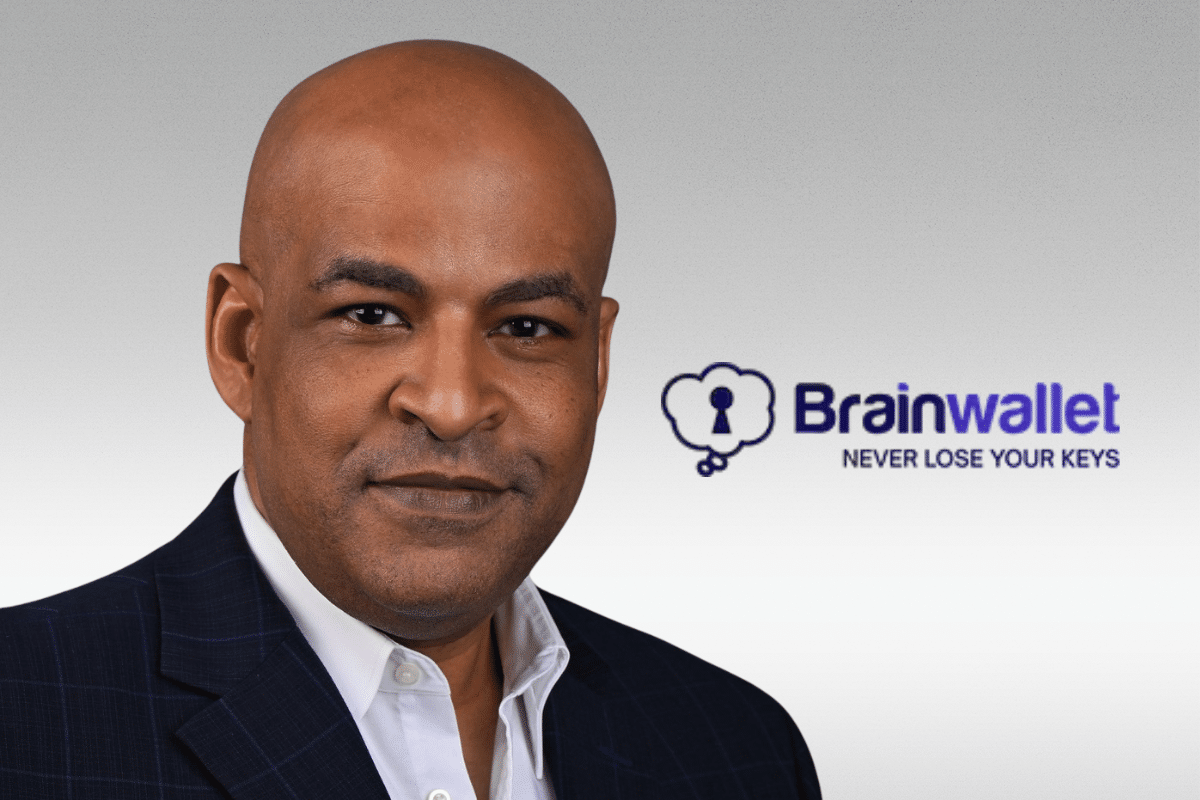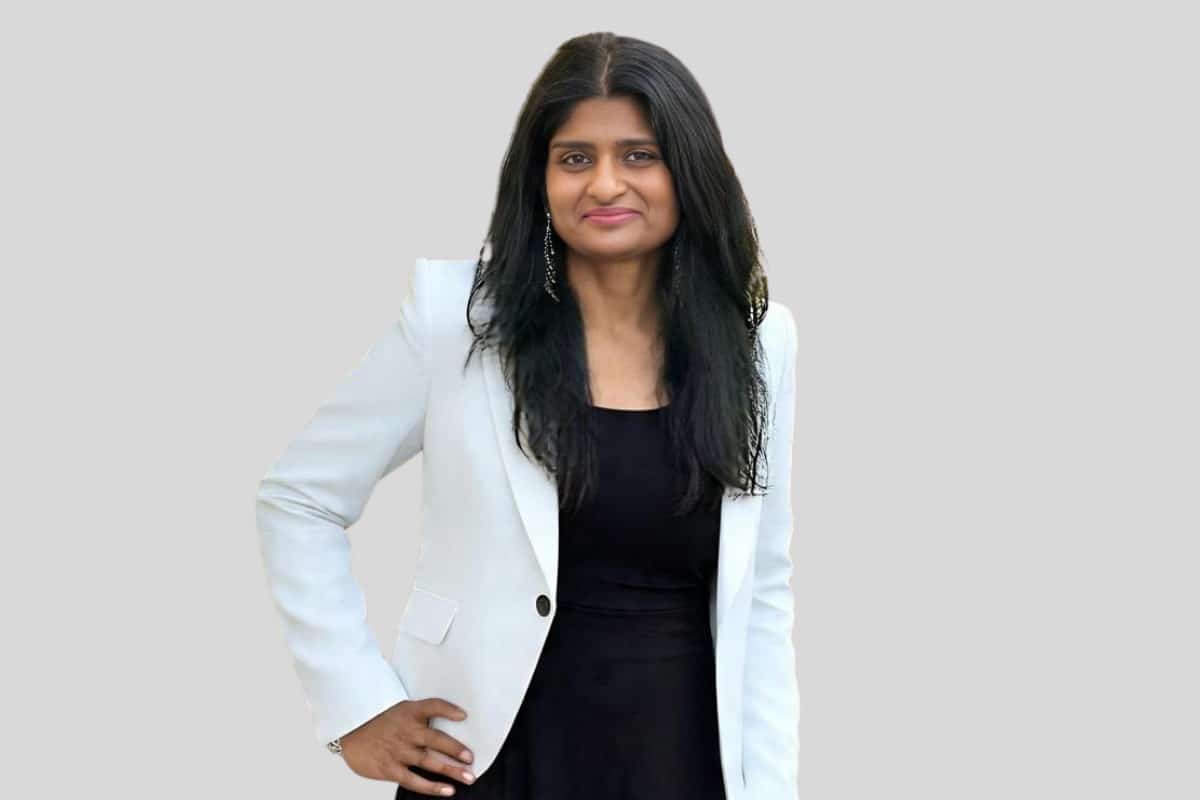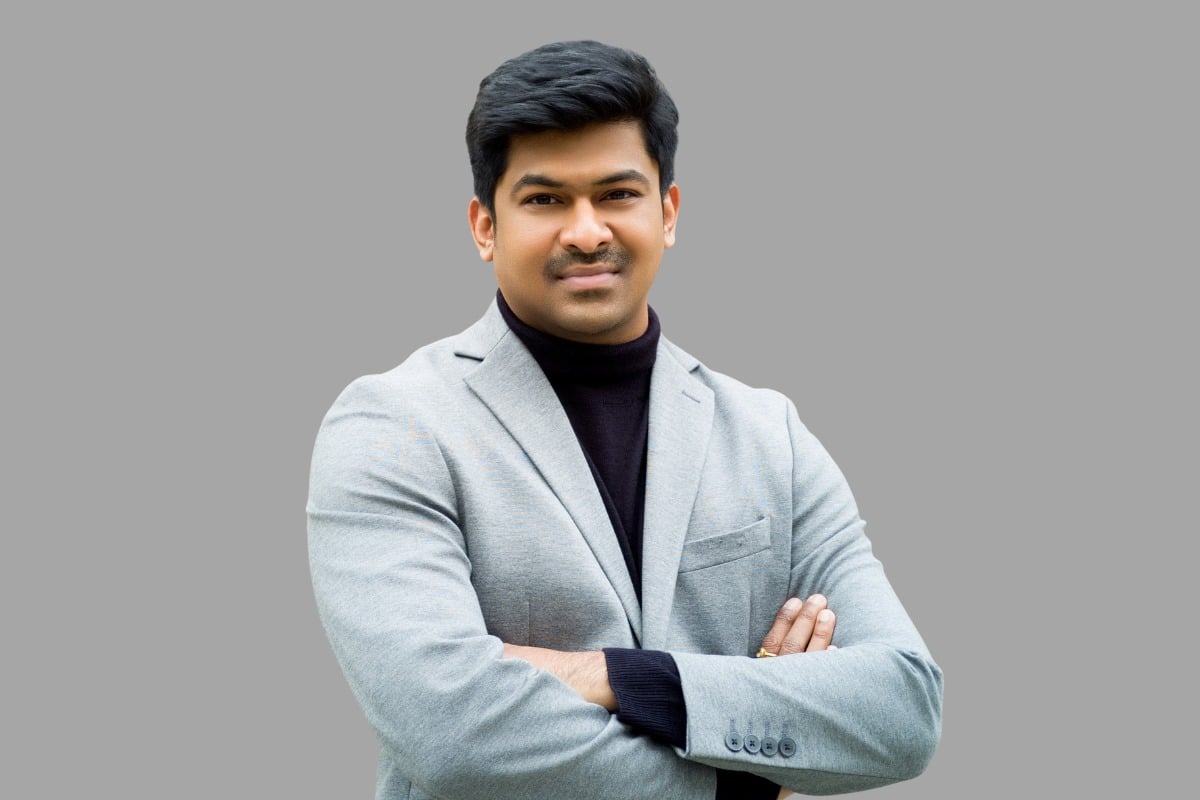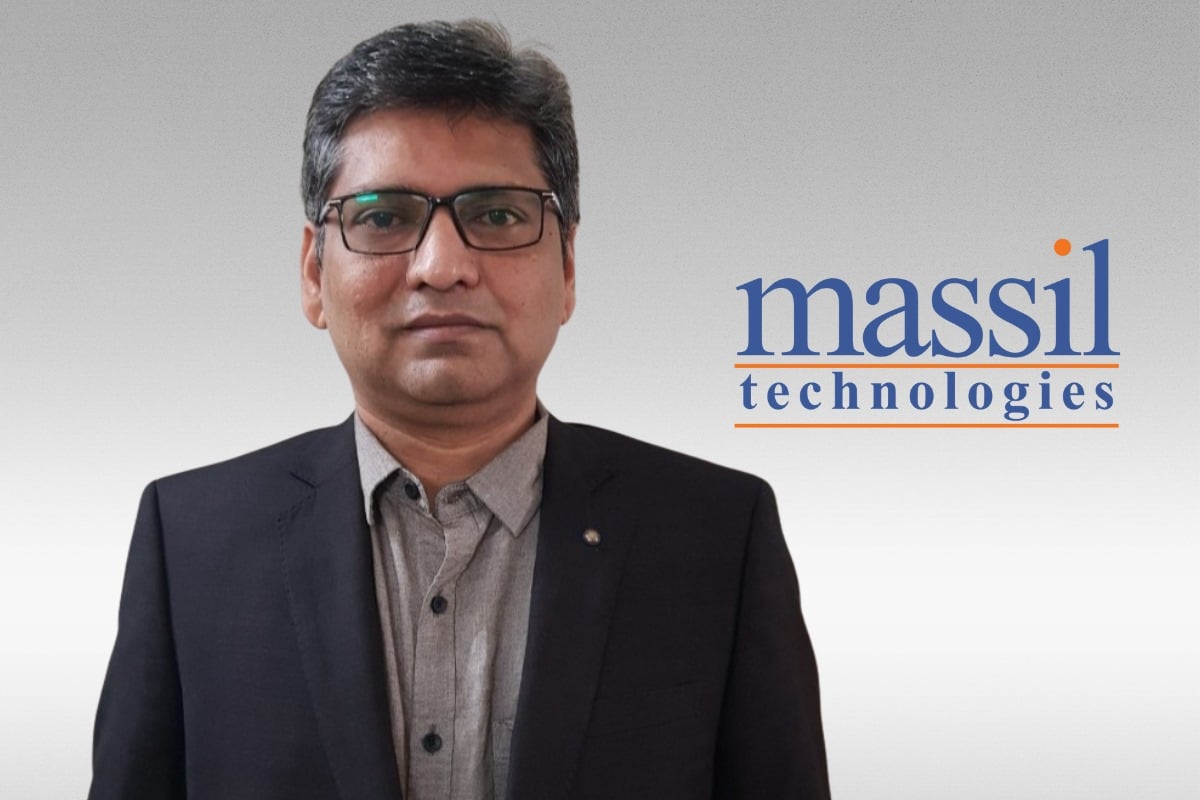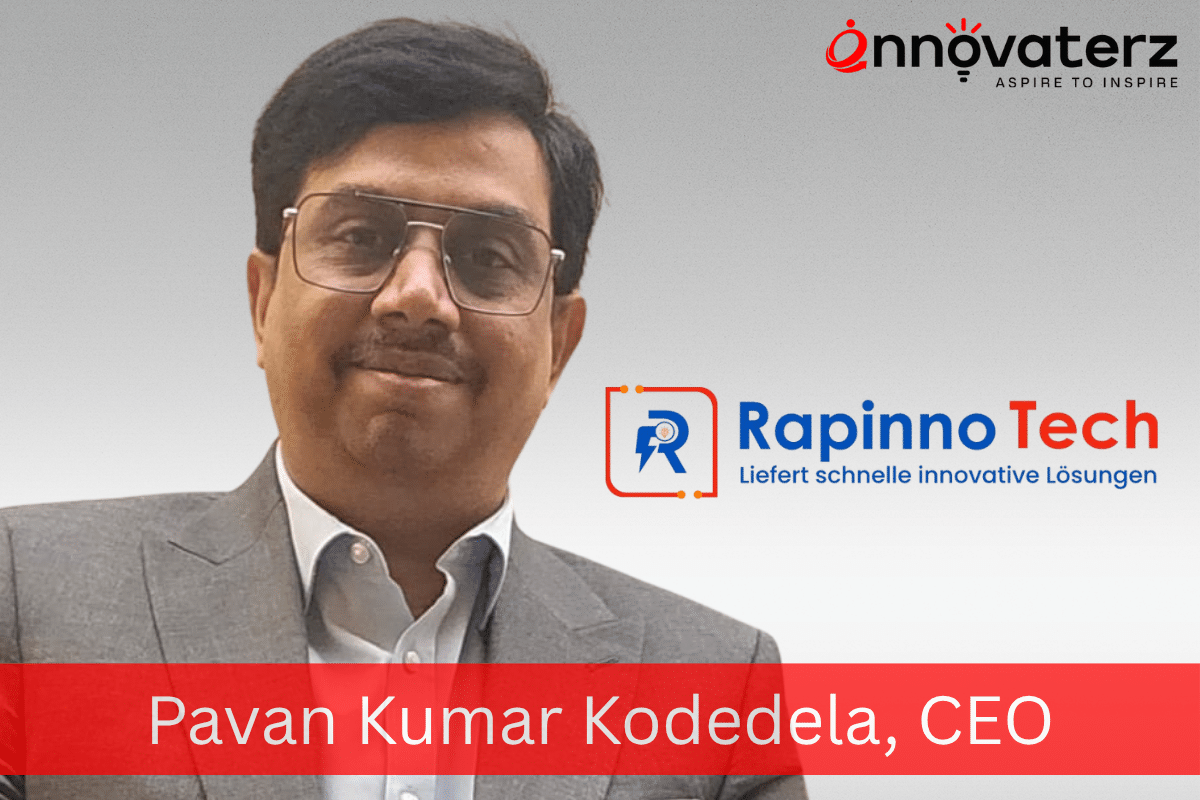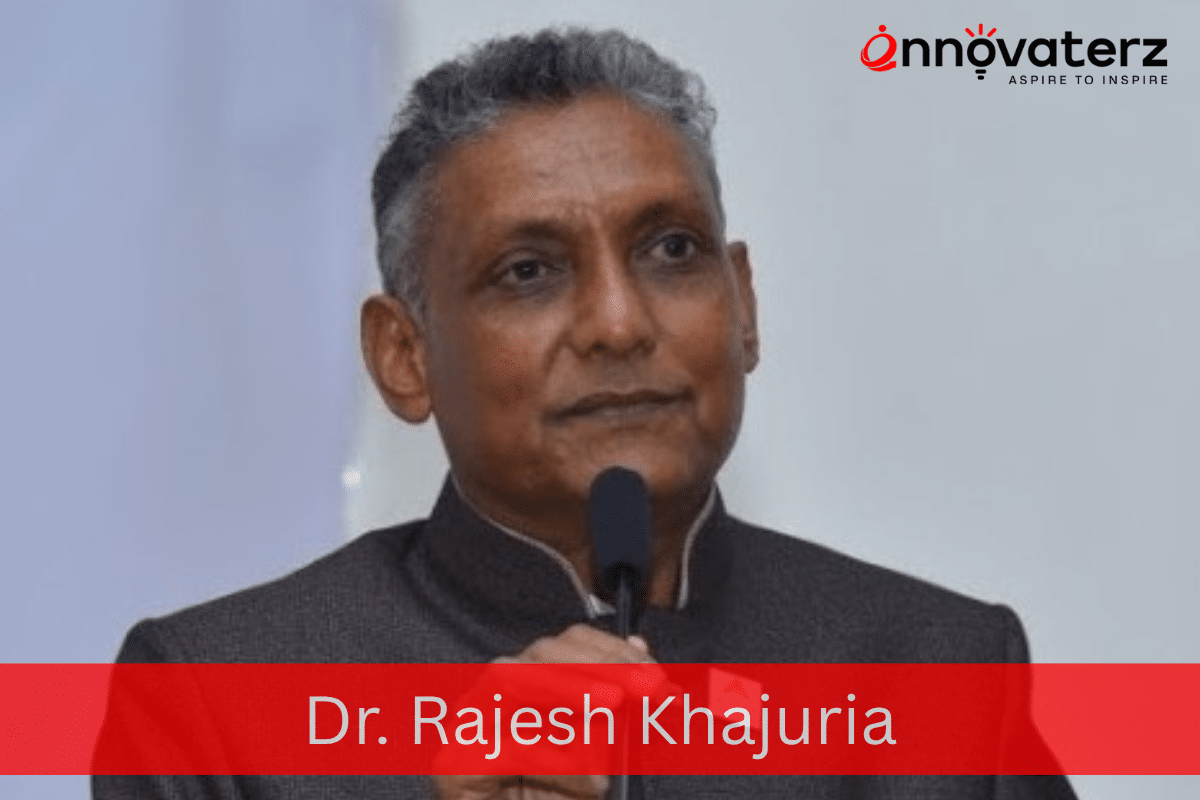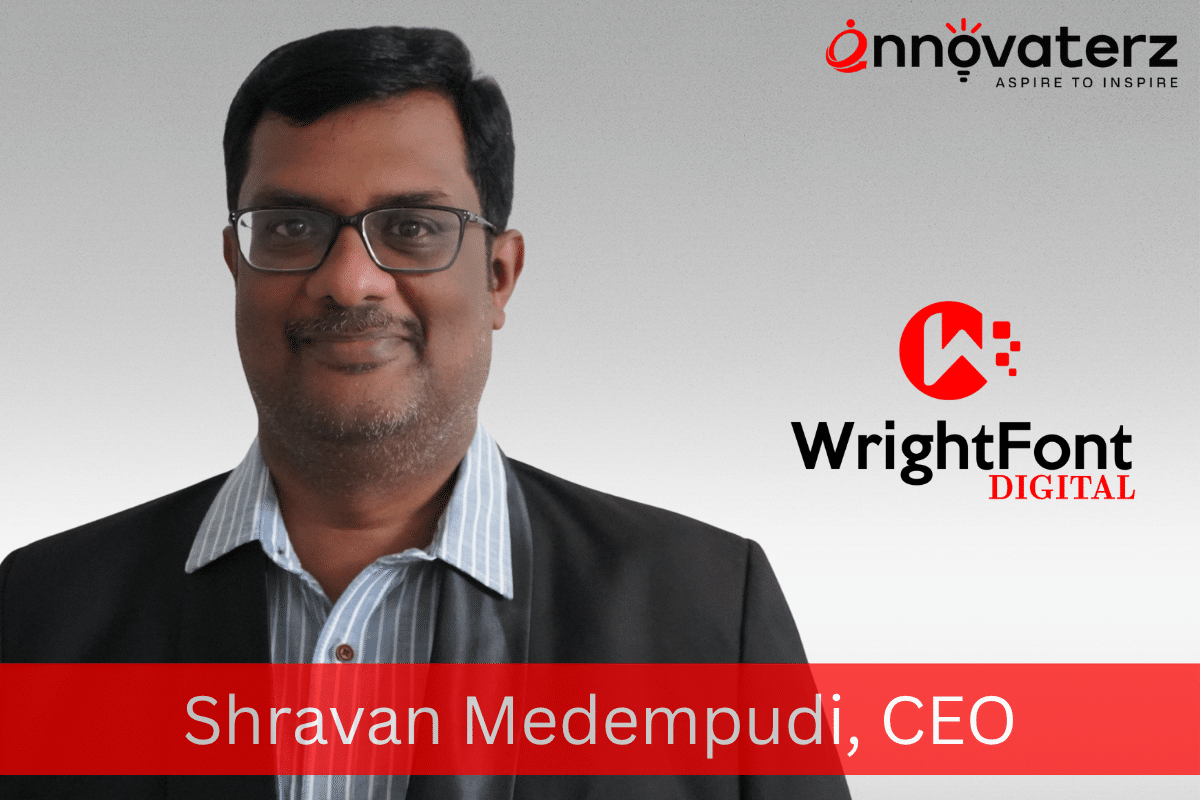Career & Leadership Insights
How has your extensive consulting experience influenced your approach to accreditation and quality assurance in higher education?
Recently, I completed advising my 313th project—this one for funding from the State Bank of India in Vadodara—bringing the total investment influenced to nearly $20 billion. This extensive consulting experience across entrepreneurs, industrialists, investors, and banks helped me develop a unique perspective on strategic decision-making. Today, I apply that same insight to higher education—understanding gaps, proposing solutions, and enhancing quality through assurance of learning and global accreditation. It’s a rare convergence of industry acumen and academic vision.
What innovations or key changes have you introduced in higher-education curricula over your career to better prepare students for the evolving business landscape?
Two milestones come to mind – First, in 2003, I designed a full-time MBA in Tourism & Hospitality Management for South Gujarat University within just three months—a program that had been stalled for ten years.
Secondly, as Chair of Gujarat Technological University’s MBA syllabus committee, we introduced 35 new courses and upgraded 35 more—impacting over 100 affiliated colleges. A standout was the Global Country Study Report (GCSR), a 7-credit capstone project across the 3rd and 4th semesters. Here, students studied the global trade potential of 100 countries, equipping them to identify export-import opportunities—especially relevant for Gujarat’s industrial strengths in pharmaceuticals, textiles, and petrochemicals.
Global Teaching Experience & Accreditation Challenges
How has your teaching approach evolved across the globe, and what lessons have you learned about role of regional culture in it?
The insights I developed while teaching and interacting with universities in India, Vietnam, Indonesia, Cambodia, Bangladesh and Mongolia helped me shape up to understanding inclusivity and deliver lectures in value-driven approach. In Mongolia, my class started with 45 managers and grew to 70 through word-of-mouth. I didn’t teach from a textbook or deliver standard lectures—I connected with students by focusing on what matters: context, expression, values, and empathy. I spoke with them, not at them. I learned basic Mongolian, studied their culture, and celebrated each student’s unique qualities. This experience reaffirmed my belief: the best teaching begins with building trust, not just delivering knowledge. Inclusion is about becoming like them, not making them like you.
With the increasing adoption of AI in education, what do you believe are the most pressing ethical concerns, and how should universities address them?
The dilemma isn’t just about ethics—it’s also about fear. Many institutions fear AI will replace traditional teaching methods, but students crave more efficient learning. The real dilemma isn’t AI itself—it’s how we use it. Universities need to balance innovation with human values. AI needs to be trained well, and when it is, it can drastically enhance both teaching and learning outcomes.
What role does global accreditation play in elevating educational standards, and why is it a critical factor for universities around the world?
Accreditation ensures that institutions, regardless of location, maintain a high standard of quality and recognition. Whether in India, Mongolia, or anywhere, accreditation by reputable bodies like ACBSP (Accreditation Council for Business Schools and Programs), AACSB (Association to Advance Collegiate Schools of Business) and ABET (Accreditation Board for Engineering and Technology) provides global recognition and respect. It’s about ensuring that institutions and their programs are competitive on a global scale, fostering a culture of excellence.
Current Roles & Global Assignments
What have been the key steps in your role as AAC Ambassador, and how do you support universities in achieving global accreditation?
Global accreditation is a long-term strategy. I focus on representing AAC and ACBSP at international conferences and giving short talks to targeted university audiences. I also offer strategic guidance to universities applying for accreditation.
The re-accreditation work in Mongolia was particularly fascinating due to the country’s vast potential and its students’ ambition. However, the challenge was balancing the country’s aspiration for global standards with its local infrastructure constraints. It required a collaborative, hands-on approach to ensure the institution met global expectations.
During your re-accreditation efforts at SAN University, Mongolia, what were the unexpected challenges, and what did you learn from them?
Mongolia was extraordinary—for three reasons. First, Mongolians are direct, warm, and deeply hospitable. Second, the country is rich in natural resources, including gold and oil—India has even offered $1 billion in soft loans to build an oil refinery there. Third, its untapped potential in adventure tourism is remarkable. But what struck me most was the desire among Mongolian students and institutions to reach global standards—despite infrastructure or policy limitations. It was both humbling and inspiring.
How do you envision the future of family business research, and what role will it play in global business education?
It was an honor to speak at the International Conference on Family Business Enterprises (ICFBE) in the Philippines. My presentation emphasized the critical role family businesses play in global economies. Family business research is gaining traction as a unique discipline, especially as business models evolve and global markets expand. The future of this research will undoubtedly focus on sustainability, governance, and adaptability as key drivers of long-term success.
Mentorship, Legacy & Future Vision
As a mentor to thousands, including East West University, Bangladesh, what key values do you emphasize to foster leadership in rising academics and business leaders?
My mentoring philosophy is built on five core values:
- Respect for leadership and faculty ethics.
- Systematic measurement of student learning outcomes using rubrics.
- Encouraging faculty research and scholarship.
- Ensuring curriculum relevance to local and global changes.
- Fostering robust institutional governance processes that ensure long-term success.
After decades of work in academia and consulting, what are your personal and professional goals for the next few years, and how do you plan to contribute to global higher education?
As I approach my late 60s, I feel the urgency of time—but also a deep sense of purpose. I hope to leave a legacy through five key contributions:
- Promote quality education as a cornerstone for quality of life.
- Help startups become viable and successful based on my research.
- Assist universities and nations in adopting digital strategies without losing sight of human values.
- Inspire students to combine education with ethics and compassion.
- Urge the fortunate to donate 10% of their wealth to eliminate hunger and poverty around the world.

